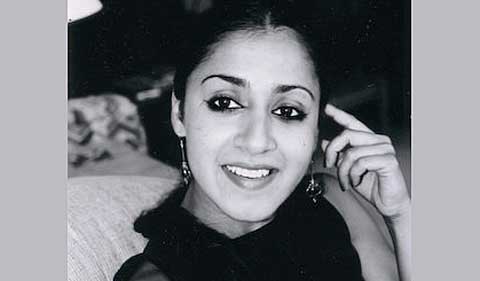The Geography Colloquium Series presents Dr. Devika Chawla on “Homes, Objects, Migrations: Oral Histories of India’s Partition” on Friday, March 29, at 3:05 p.m. in Clippinger 119.
Chawla is a Professor in the School of Communication Studies, Ohio University. Her intellectual and scholarly interests focus upon performative, affective, and communicative approaches to home, travel, and identity. Her scholarly work draws upon and coalesces ideas from transnational, postcolonial, affect, performance, and mobility studies. Her book-length monograph, a cross-generational oral history account of refugees in India’s Partition, Home, Uprooted: Oral Histories of India’s Partition, was published by Fordham University Press in 2014. It was winner of the 2015 Outstanding Book Award from the Ethnography Division and the International and Intercultural Division of the National Communication Association. The book received “Honorable Mentions” for best book from the Organization for Communication, Language, and Gender and the International Congress of Qualitative Inquiry, in 2015. Professor Chawla’s most recent book is a co-edited anthology (with Stacy Holman Jones) entitled, Stories of Home: Place, Identity, Exile (Lexington Press in 2015). See her vita for more information about her research and teaching.
Abstract: Chawla’s talk will consist of two interlocking themes. In the first part, she will attend to home as a broad thematic and “unit of analysis” in her Partition fieldwork. She will illustrate how home is experienced by Partition refugees—as a space/place/idea that is stayed in (here-native), traveled to (there-Other), inhabited (or colonized), domesticated (or subjugated), felt (or not), and arrived at (or departed from). She argues that home is a spatial, discursive, poetic, and contradictory imaginary that enables (and is enabled by) multiple narrations of individual and family identity. Following this, Dr. Chawla will read from an in-progress essay entitled, “The Affective Afterlife of Family Belongings” in which she shows how stories of family objects—in their presence, absence, replacement, erasure, and reproduction—accomplish the affective task of homing for refugees. In telling object-stories, Dr. Chawla proposes that family objects accrue affect and perform belonging in belongings by becoming affective membranes, conduits to home.




















Comments